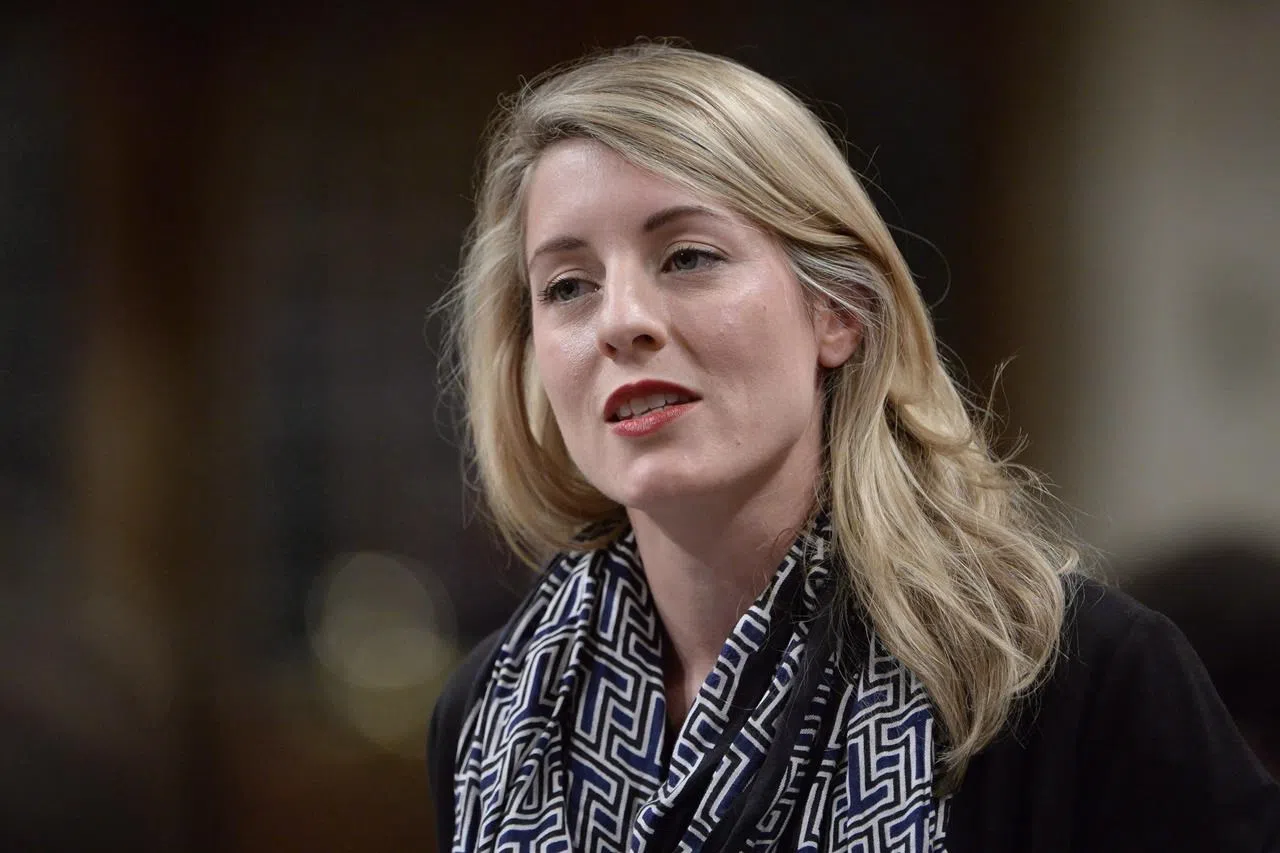
New cultural road map could change landscape, but where it leads still unclear
OTTAWA — Heritage Minister Melanie Joly unveiled Thursday what she billed as a road map for the future of Canada’s creative industries, but precisely where on the cultural landscape it will end up leading remained far out of focus.
The long-awaited strategy seeks to refashion for the digital age all of the pillars that support and regulate the country’s famously fragile culture, but little of the change will become apparent overnight.
Instead, Joly is plotting a course that, over the coming months, aims to rework the myriad laws and regulations that govern broadcasting, telecommunications and copyright, as well as the private and publicly supported funds that back musicians, writers and publishers.
The mandate of the CBC is up for a refresh as well, while the government eyes a strategy for supporting local news as it makes its own transition to the online world.


